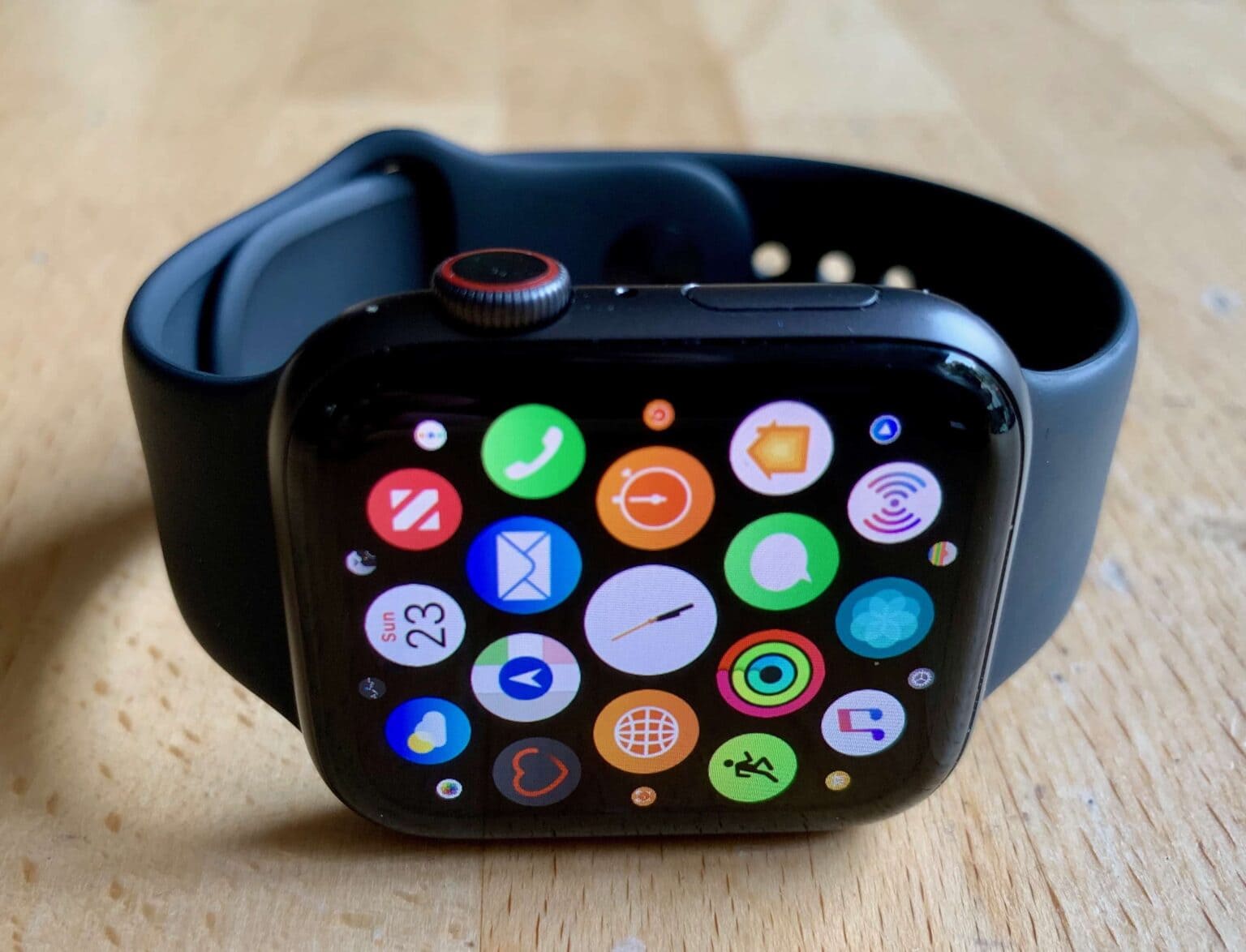A smartwatch like your trusty Apple Watch might be able to screen you for Parkinson’s disease up to 7 years before symptoms would show up if you have it, according to a fascinating new study.
Parkinson’s damages the brain slowly, so early detection via smartwatch could offer treatment advantages as new therapies develop.
Smartwatches like Apple Watch could help with early diagnoses of Parkinson’s disease
In the study, Cardiff University’s UK Dementia Research Institute relied on artificial intelligence to scrutinize data from more than 103,000 smartwatch users, BBC News reported.
Researchers looked closely at smartwatch wearers’ speed of movement observed over the course of one week. Remarkably, just from that data, recorded between 2013 and 2016, they found they could predict who would go on the develop the disease suffered by so many, including actor Michael J. Fox, whose long struggle is covered in the Apple TV+ film Still.
Though the study looked at data from various smartwatches, Apple developed a Movement Disorder API that can track Parkinson’s symptoms.
A devastating disease
Early detection could be important because Parkinson’s Disease symptoms develop slowly and worsen over time. The disease damages victims’ brain cells irreversibly, often even before treatment is sought.
Symptoms include slow movement, stiff muscles and tremors or shaking.
“We have shown here that a single week of data captured can predict events up to seven years in the future,” said study leader Dr Cynthia Sandor. “With these results, we could develop a valuable screening tool to aid in the early detection of Parkinson’s.”
“This has implications both for research, in improving recruitment into clinical trials, and in clinical practice, in allowing patients to access treatments at an earlier stage, in future, when such treatments become available,” she added.
Separating Parkinson’s from other possible factors
Another doctor who helped with the study, Dr. Kathryn Peall, said it seemed to do a good job separating Parkinson’s from other potential causes of similar symptoms, related to old age or frailty.
“We compared our model across a number of different disorders, including other types of neurodegenerative disorders, individuals with osteoarthritis, and other movement disorders, amongst others, an advantage of being able to work with a dataset such as the UK Biobank,” she said. “The results from individuals diagnosed with Parkinson’s disease were distinct.”
Nevertheless, the BBC News report was quick to point out that other studies will need to verify the study’s accuracy.
You can read the study in the journal Nature Medicine.



